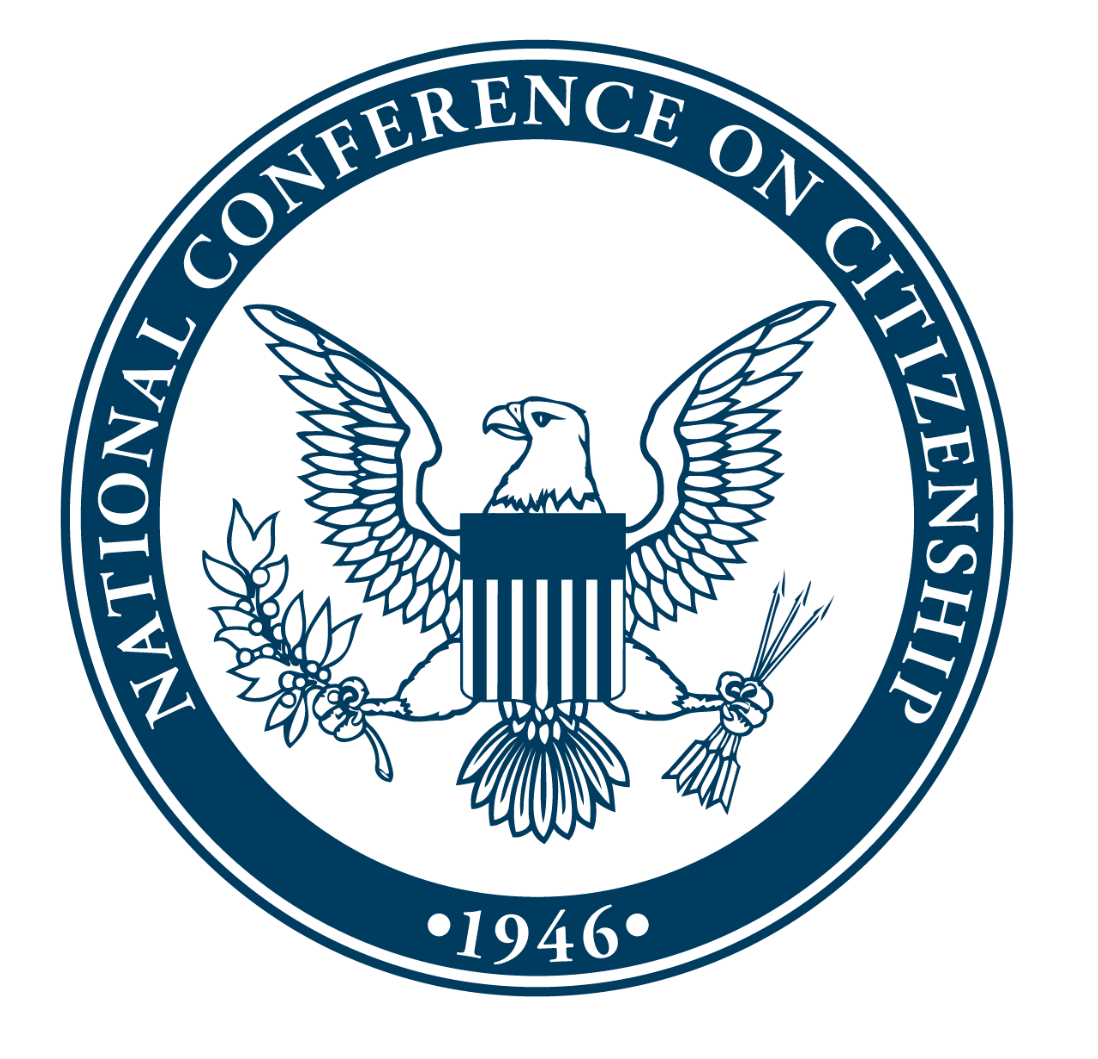Civic, in partnership with the National Conference on Citizenship, the University of Virginia’s Miller Center and Democracy Initiative, and the Partnership for American Democracy, released Civic Health Index 2021: Citizenship in Crisis to better understand an array of civic health indicators that are measurable and movable.
Right now, the United States is facing some of the most significant challenges in its history. COVID-19 is reshaping institutions and civic life; the nation continues to reckon with its long history of systemic racism; and U.S. democracy is showing cracks. The report explores important trends in civic health across four broad categories: political and civic engagement, group affiliation, social comity, and information and knowledge.
Download the full report here.
Key points from the report include:
→ Protests for racial equity in the summer of 2020 engaged an estimated 15 to 26 million people; the largest in the country’s history.
→ The 2020 election had the highest voter turnout of the 21st century: 66.8%.
→ For the first time, nontraditional voting (i.e. by mail or before the election) was more common than casting a ballot in person.
→ Americans were less likely to follow COVID-19 rules closely than other countries in 2020, leading to concern for others & disappointment.
→ Membership of large-scale civic institutions, including unions, churches and other religious organizations, and daily newspapers, continued to decline.


